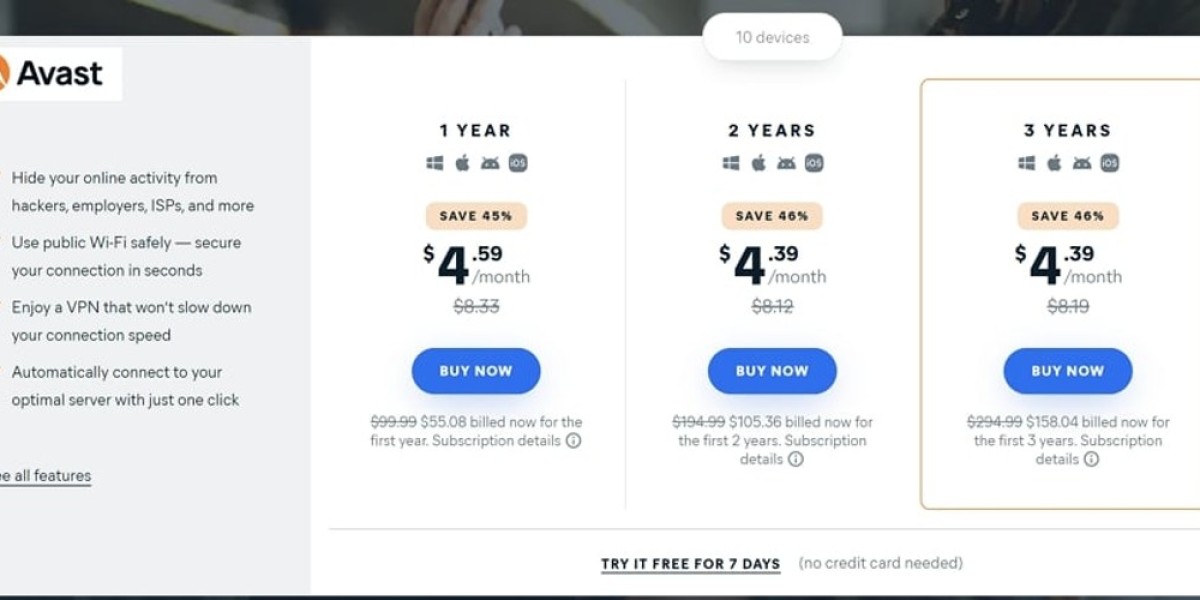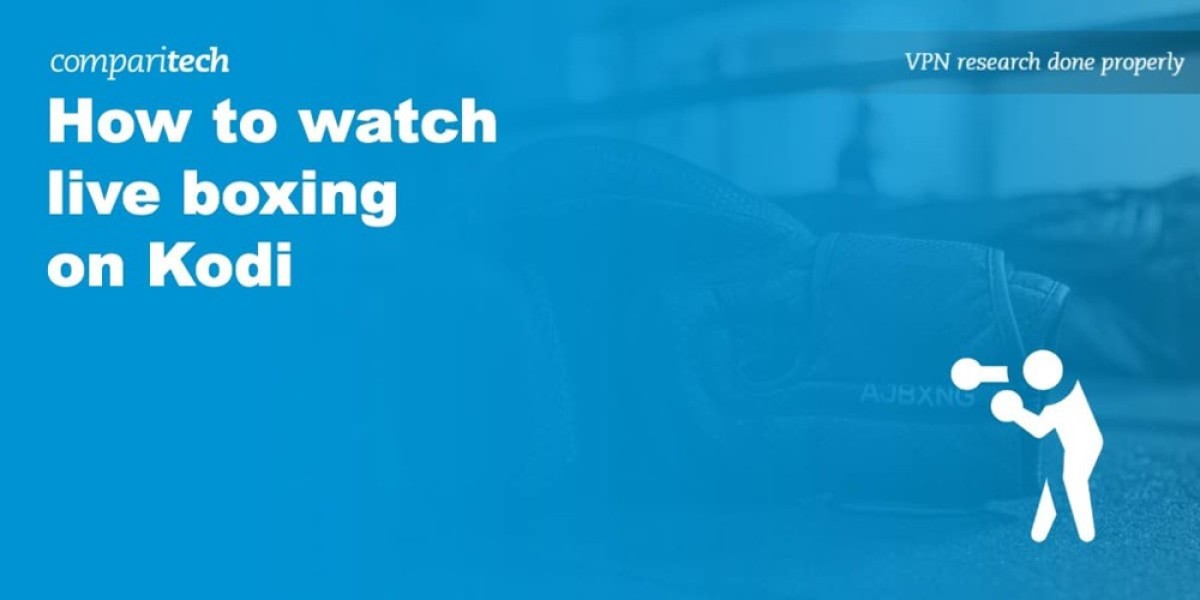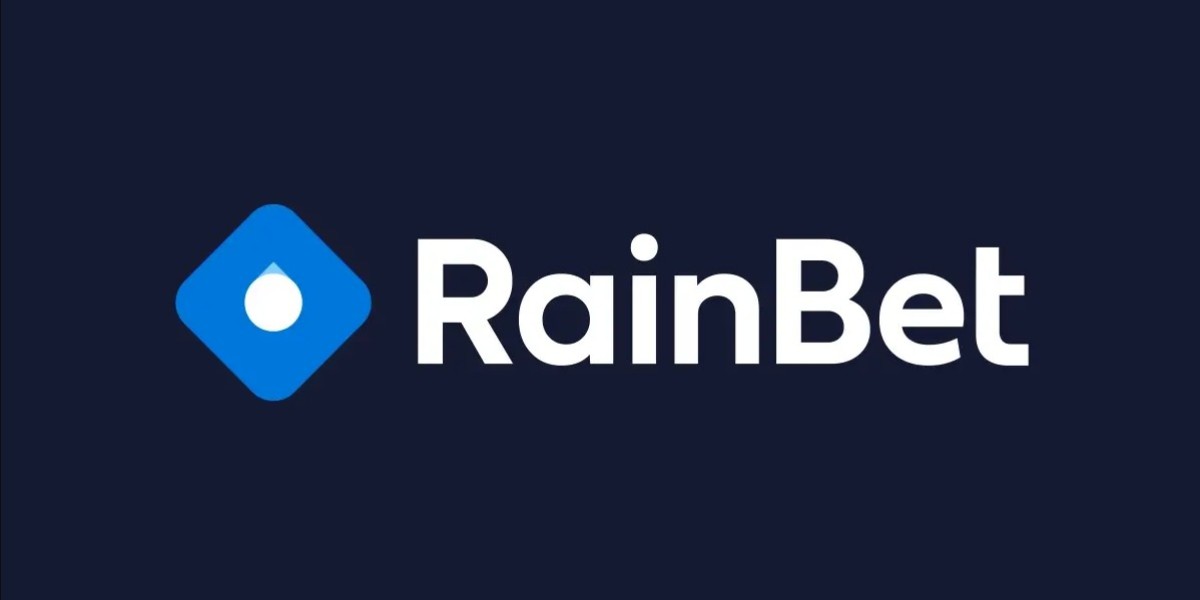VPN Market Comparison
Navigating the Crowded VPN Landscape: Avast VPN and PrivateVPN Compared
The virtual private network market has become increasingly saturated, presenting consumers with a challenging selection process. With numerous providers making similar claims about superiority in speed, security, and privacy protection, distinguishing between legitimate services and marketing hyperbole requires careful analysis.
Many VPN companies employ aggressive marketing tactics, using superlatives like "ultimate security" or "unmatched speeds" without substantial evidence to support these assertions. This environment of exaggerated claims can lead consumers to purchase services that either don't meet their specific needs or charge premium prices for standard features.
To bring clarity to this confusing marketplace, we've conducted a comprehensive comparison between two established names in the VPN industry: Avast VPN and PrivateVPN. Our detailed evaluation examines these services across eleven distinct performance and feature categories, providing an objective assessment of their respective strengths and limitations.
This side-by-side analysis offers consumers the factual information needed to make an informed decision based on their individual requirements, helping them avoid the pitfalls of misleading advertising and ensuring they select the VPN solution that genuinely delivers the best value for their specific circumstances.
PrivateVPN stands out for travelers needing temporary access
with flexible short-term subscriptions unavailable from Avast.
Unlike competitors requiring year-long commitments
PrivateVPN offers a practical monthly plan at $9.90
and an economical three-month option for $17.99
averaging under $6 per month
a budget-friendly choice for vacations or business trips.
Avast restricts users to extended contracts
only providing one-year, two-year, or three-year plans
lacking the adaptability for sporadic use.
When evaluating long-term VPN subscriptions, PrivateVPN emerges as the clear budget leader.
Its three-year commitment totals only $72, translating to an incredibly affordable $2 monthly rate.
Avast SecureLine VPN adopts an unconventional pricing approach with minimal savings for extended plans.
Their one-year subscription runs $4.59/month while three years only reduces to $4.39/month - a mere 20-cent difference.
This results in a $158 total for three years, making it over twice as expensive as PrivateVPN.
Post-introductory pricing requires vigilance: both services automatically renew at higher standard rates.
Avast's renewal jumps to $8.33 monthly, making their long-term lock-in relatively advantageous despite the premium cost.
Risk-free testing options exist: both providers offer 30-day refund guarantees.
Avast sweetens the deal with a unique 7-day free trial requiring no payment details.
Maximize savings by marking renewal dates on your calendar.
Canceling before auto-renewal and repurchasing often unlocks fresh introductory discounts.
Optimal PrivateVPN offer: 85% discount at $2/month (3-year plan).
Best Avast deal: 46% reduction on their three-year subscription.
Platform availability spans major OSes for both services
but PrivateVPN extends to Linux CLI and compatible routers
including Asus, Synology, and pfSense models
Avast lacks router/console support but offers a workaround:
Create a VPN-protected hotspot via Windows/Mac computers
(an approach also compatible with PrivateVPN)
Avast provides browser extensions for Chrome/Firefox
enabling proxy connections within those browsers
though this offers less protection than full-device VPN encryption
PrivateVPN's applications deliver advanced functionality:
Port forwarding aids torrenting and game hosting
Obfuscation bypasses restrictive firewalls effectively
Plus dedicated SOCKS5/HTTP proxy availability
Both services permit 10 simultaneous connections
covering multiple devices on any network
Server distribution favors PrivateVPN significantly:
63+ country locations versus Avast's 34 countries
Avast's standout feature is automatic Wi-Fi protection:
Auto-connect activates when joining new networks
guarding against unprotected or malicious "evil twin" hotspots
Neither VPN currently supports split tunneling functionality
For users in China, PrivateVPN's stealth mode effectively bypasses internet restrictions,
while Avast VPN consistently fails against the Great Firewall's censorship measures.
Streaming performance starkly favors PrivateVPN, reliably unlocking numerous Netflix regions including US, UK, and Japan,
plus specialty platforms like Hulu, BBC iPlayer, and Disney+.
Avast struggles with platform consistency, frequently failing on Amazon Prime, HBO Max, and Disney+.
Speed tests reveal PrivateVPN's significant advantage with 71 Mbps average downloads,
sufficient for HD streaming and online gaming,
whereas Avast lags at just 34 Mbps - less than half the speed.
Both services access basic UK platforms like ITV Hub and Channel 4,
but Avast's limited capabilities extend to unreliable international streaming.
NordVPN emerges as a superior streaming alternative, delivering 369 Mbps speeds
and comprehensive access to global platforms including niche regional services.
Its risk-free 30-day trial allows full testing without commitment.
PrivateVPN's specialized obfuscation technology ensures consistent functionality in restrictive regions,
making it a practical choice for travelers facing stringent internet controls.
When it comes to user-friendliness, Avast VPN and PrivateVPN are quite comparable. Both services offer applications for a wide range of devices, including smartphones, tablets, and computers.
The applications from both providers are designed to be lightweight, ensuring quick downloads and installations without consuming much storage space. They also provide an intuitive installation wizard that simplifies the setup process on any device.
To access these apps, users can either download them directly from the respective websites or through well-known app stores like Google Play or the Apple App Store, making them easily accessible.
Once installed, both services offer a straightforward user experience. The server lists in their apps are organized alphabetically, allowing users to easily find and select their preferred server locations. You can choose from a variety of countries, and in some cases, specific cities as well.
Avast VPN includes servers specifically labeled for streaming, while all of PrivateVPN's servers are optimized for both streaming and torrenting. This means you can connect to any server with confidence, knowing that you will enjoy good connection speeds.
Although PrivateVPN may seem a bit more complex due to its additional features and settings, both services are generally easy to use across all platforms. The settings menus are user-friendly, and navigating the features is straightforward. As a result, both Avast VPN and PrivateVPN are suitable for users of all experience levels, including beginners.
When comparing the server networks of Avast Secureline VPN and PrivateVPN, it's clear that each has its strengths and weaknesses.
PrivateVPN boasts a wider reach with servers in over 63 countries, which is nearly twice as many as Avast. This extensive coverage can be particularly beneficial for users who need to connect to a variety of international locations. On the other hand, Avast Secureline VPN offers 41 server locations across 34 countries, catering to a broad range of needs but falling short in overall global presence.
Despite having a smaller total number of servers—around 250—PrivateVPN outperforms in terms of speed. This is quite remarkable when compared to larger networks like NordVPN and Surfshark, which have over 6,000 and 3,000 servers, respectively. It demonstrates that the number of servers isn't the sole determinant of a VPN's performance.
Avast Secureline, while having more than 700 servers, does not match the speeds offered by PrivateVPN. This highlights PrivateVPN’s efficiency in delivering reliable and fast connections, even with a smaller network.
For users interested in dedicated static IP addresses, both Avast and PrivateVPN do not offer this feature. However, PrivateVPN does provide dynamic, dedicated IP addresses in various locations. These IPs are unique to each user during their session, but they change each time the user reconnects.
To summarize, if you prioritize a broader geographic spread and faster speeds, PrivateVPN might be the better choice. However, if you prefer a slightly larger number of servers, Avast Secureline could be an option, though it comes at a higher cost without necessarily offering superior performance.
VPN Security & Privacy
When comparing Avast VPN and PrivateVPN for data security, both platforms offer strong AES 256 encryption, safeguarding your information from potential eavesdroppers and cyber threats.
PrivateVPN gives users the flexibility to choose from a range of protocols, including WireGuard, OpenVPN, L2TP, and PPTP. Among these, WireGuard and OpenVPN are typically recommended. Notably, PrivateVPN's OpenVPN implementation includes perfect forward secrecy and a robust 2048-bit RSA key, enhancing its security.
In contrast, Avast VPN offers a variety of protocols such as OpenVPN, IKEv2 (for iOS), WireGuard, and a proprietary protocol named Mimic. Mimic is particularly noteworthy for its speed and ability to bypass firewalls, likely due to some form of obfuscation. However, since Mimic is a closed-source protocol, its security cannot be independently verified.
One significant drawback with Avast VPN is that it may automatically switch to the Mimic protocol if it encounters connection issues with other protocols. This means that even if you select OpenVPN in the application, the client might still use Mimic, leaving you uncertain about the actual protocol in use.
Both Avast VPN and PrivateVPN include a kill switch feature across all platforms, making them suitable for sensitive activities like torrenting. For users who prioritize dedicated obfuscation features, PrivateVPN is the better choice.
Avast VPN and PrivateVPN, both established within the European Union, offer distinct approaches to privacy and data handling. Avast, headquartered in the Czech Republic, operates in a country with less stringent intelligence agencies and no invasive data retention laws. Despite this, Avast retains some connection logs for analytical purposes, such as the time and date of server connections, bandwidth usage, and feature utilization. Notably, these details are not linked to your home IP address, minimizing the risk of time-correlation attacks.
However, Avast's data retention practices extend beyond 35 days for certain application events, like connection attempts or app uninstalls, which can be stored for up to two years. A significant concern is Avast's unified privacy policy, which applies to all its services, including antivirus products. This policy permits the collection of device identifiers, tracking information from cookies, and other data used for sales and advertising. Avast also shares this data with its business partners and third-party analytics firms, such as Google Analytics and AppsFlyer, leading to a substantial amount of data collection.
In contrast, PrivateVPN, based in Sweden, adheres to a strict no-logs policy. The company, acquired by Miss Group in 2022, controls most of its bare metal server network. Sweden does not enforce mandatory data retention for VPNs, and PrivateVPN ensures that no information about server usage or activities is logged. The service refrains from sharing data with third parties and does not track users for marketing purposes.
Both Avast VPN and PrivateVPN provide robust DNS leak protection, ensuring that your internet service provider cannot monitor the websites you visit.
For online gaming performance, PrivateVPN stands out as the superior choice.
Its network delivers significantly lower latency in testing, approximately halving connection times compared to Avast VPN.
This speed advantage is critical for smooth gameplay in demanding multiplayer environments.
PrivateVPN also offers a wider global server selection, enabling access to more international game servers and regional storefronts for cost savings.
Additionally, its port forwarding feature provides flexibility for hosting game servers, an option absent with Avast VPN.
Regarding privacy, both services utilize shared IP addresses, effectively masking individual user activity within pooled traffic for enhanced anonymity.
PrivateVPN supplements this with dynamic dedicated IPs upon request; ensure server selection aligns with your privacy preference.
Both VPNs effectively shield your real IP address, providing crucial DDoS protection during activities like competitive gaming or torrenting.
This prevents targeted attacks aimed at disrupting connections or revealing your location to malicious actors.
Customer Support Comparison: PrivateVPN vs Avast Secureline VPN
In our assessment of customer service quality, PrivateVPN clearly outperforms Avast Secureline VPN for several key reasons.
PrivateVPN offers specialized support focused exclusively on VPN services, with agents who demonstrate expertise in resolving VPN-specific issues efficiently. This contrasts with Avast, where support representatives primarily specialize in antivirus products rather than their VPN offering.
The availability of live chat support makes PrivateVPN particularly user-friendly. Their chat service operates approximately 18 hours daily, providing ample opportunity for immediate assistance. Avast lacks this convenient feature, though they do offer phone support as an alternative communication channel.
Both providers maintain email support options, but PrivateVPN goes a step further by offering remote assistance capabilities. This unique feature allows their technical team to directly resolve complex issues through remote access software when necessary.
Regarding self-help resources, while both services provide online documentation, PrivateVPN's knowledge base appears more comprehensive and user-friendly. Their guides, FAQs, and setup instructions for various devices and platforms are better organized and more detailed. Both services supplement their written materials with instructional videos.
Response time metrics clearly favor PrivateVPN, which consistently provides faster replies to customer inquiries compared to Avast. Additionally, our test questions were answered with greater accuracy by PrivateVPN's support team.
For users prioritizing responsive and knowledgeable customer support, PrivateVPN represents the superior choice between these two VPN providers.
Both VPN solutions deliver core functionality
across major operating systems
while supporting 10 concurrent connections
PrivateVPN distinguishes itself with
superior global download performance (71 Mbps average)
outpacing Avast SecureLine VPN (34 Mbps average)
Streaming accessibility favors PrivateVPN
demonstrating reliable access to numerous Netflix regions
compared to Avast's limited regional consistency
Feature richness characterizes PrivateVPN
offering router configuration guides and Linux support
alongside responsive live chat assistance
Avast provides a simpler initial interface
appealing to users seeking minimal setup complexity
though fewer features ultimately limit its versatility
Value analysis reveals PrivateVPN's advantage
delivering comprehensive tools at competitive pricing
including flexible short-term subscription options
While both facilitate Netflix streaming
PrivateVPN's broader regional reach proves advantageous
for international content access needs
Speed-focused users might explore alternatives
despite PrivateVPN's competent performance metrics
as specialized faster options exist elsewhere
PrivateVPN merges advanced functionality
with intuitive navigation and extensive support resources
providing strong overall value proposition
What is a Netflix VPN and How to Get One
A Netflix VPN is a specialized virtual private network service designed primarily to bypass geographical restrictions imposed by the streaming platform. Its core function is to allow subscribers to connect through servers in various countries, thereby unlocking access to Netflix libraries and content unique to those specific regions. This enables viewers to enjoy a significantly wider range of movies and shows not available in their home location.
Why Choose SafeShell as Your Netflix VPN?
If you're searching for a reliable solution to access region-restricted content on Netflix and tired of dealing with the " Netflix vpn not working " issue, SafeShell VPN might be the perfect answer to your streaming woes. Unlike outdated VPN services that struggle to bypass Netflix's sophisticated detection mechanisms, SafeShell VPN offers specialized high-speed servers optimized specifically for Netflix streaming, ensuring uninterrupted viewing of your favorite shows in high definition without buffering.
What truly sets SafeShell VPN apart is its impressive array of features designed for the modern streaming enthusiast. You can connect up to five devices simultaneously across multiple platforms including Windows, macOS, iOS, Android, and even Apple Vision Pro. The exclusive App Mode allows you to access content from different regions concurrently, while the proprietary "ShellGuard" protocol provides top-level security for your browsing sessions. With lightning-fast speeds, no bandwidth limitations, and a flexible free trial plan to test these capabilities, SafeShell VPN delivers a premium streaming experience that outperforms traditional VPN solutions.
A Step-by-Step Guide to Watch Netflix with SafeShell VPN
To begin using SafeShell Netflix VPN , first download and install the application on your device. Visit the official SafeShell VPN website from your computer or mobile browser and navigate to the download section. Select the software version compatible with your operating system (Windows, macOS, iOS, or Android), download the installer, and follow the on-screen prompts to complete the installation process. Once installed, launch the app and sign in using the credentials you created during your SafeShell VPN subscription.
After logging in, configure the app for optimal Netflix streaming. Choose the 'APP mode' within the SafeShell VPN interface, as this mode is specifically designed to prioritize speed and reliability for streaming services like Netflix. Next, select your desired VPN server location from the available list; choose a server in a country whose Netflix library you wish to access, such as the United States, United Kingdom, or Japan. Click the 'Connect' button to establish a secure connection through the SafeShell Netflix VPN to your chosen server location.
Finally, open the Netflix application on your device or visit the Netflix website in your browser. Log into your Netflix account as usual. You should now have access to the regional Netflix content library corresponding to the VPN server location you selected. If you encounter any geo-restriction messages, simply disconnect and reconnect to a different SafeShell VPN server in the same region or clear your browser cache before trying again. Enjoy seamless streaming of international Netflix content with SafeShell VPN.








